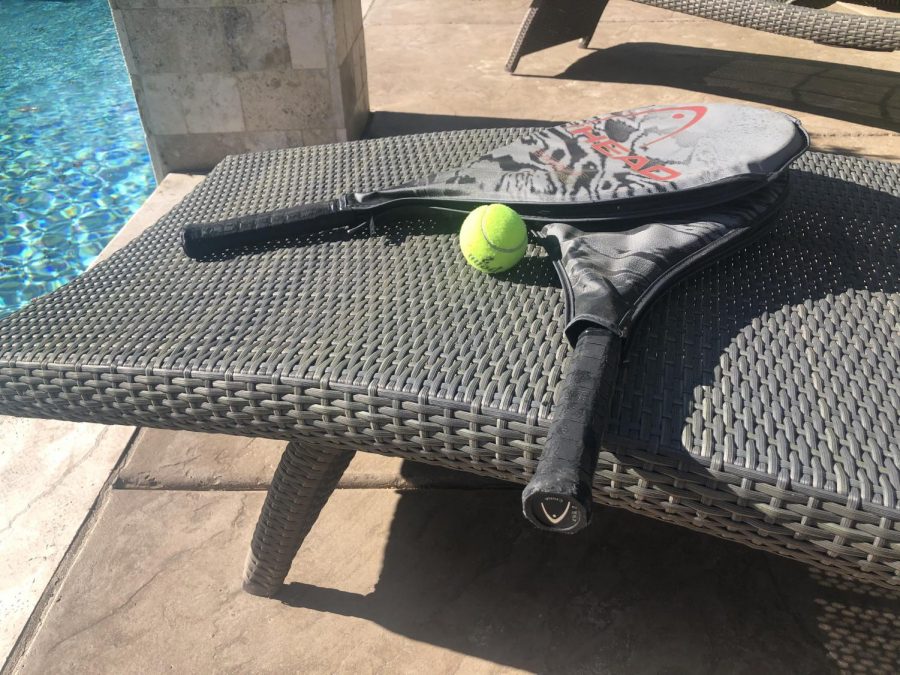2020 Tokyo Summer Olympics Potentially Cancelled
The Summer Olympic Games, including sports like tennis, swimming, and gymnastics, typically draw a live audience of over 6 million people.
January 27, 2021
Ever since the pandemic began, people have puzzled over how to safely hold events like sports competitions. As the largest sporting event on the globe, the Olympic games would pose many safety concerns, leading to speculation that the event may need to be cancelled entirely.
Every four years, the Summer Olympics traditionally bring athletes from more than 200 nations together.
“The Olympics are very important for sports in general. Athletes often look up to Olympic contenders like idols, and the Olympics in our culture are used to refer to the best in the world,” said Matt Dumanski (’22).
According to Olympic.org, the 2020 Olympics are among the few games to be postponed in the history of the Olympics. Almost every single Olympic event has taken place as scheduled, the only exceptions being once during WW1, and twice during WW2. The 1916, 1940, and 1944 games were all cancelled because of the world wars, with the 1944 games specifically cancelled from Germany’s invasion of Poland.
Nonetheless, Japan seems confident with letting the 2020 Summer Olympics take place, believing the games can act as a positive event in the current epidemic. Delaying the games has also created an unexpected side effect for the country. The Olympics are already a huge financial investment, but because of the postponement of the games, it has cost the Japanese government and Olympic organization billions of additional dollars.
Due to the games’ postponement and possible cancellation, many athletes fear that they won’t be able to compete within a reasonable amount of time. Still, other Olympians don’t agree with the push the Japanese government is making to try and get the Olympics to take place. Michael Phelps, the most decorated Olympian in history, thinks that the current environment is too dangerous to hold such a large event.
“The fact that you’re going to put ten thousand plus athletes, plus all the volunteers. Plus all the coaches, it doesn’t make sense to me. I just don’t see how it can happen,” said Phelps.
Considering Covid-19 isn’t going anywhere anytime soon, it’d be impossible for the games to be as safe as most people want them to be. But as administrative and regulatory reform minister, Taro Kono, said, “We need to do the best we can to prepare for the Games at this moment, but it could go either way.”





